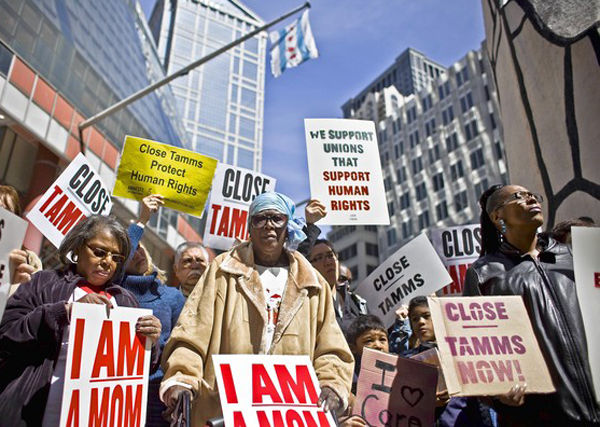
(photo by William DeShazer)
When do unions stand in opposition to human rights? And when do unions conflict with progressive causes? These questions are coming to a head in Illinois where members from the AFSCME union are fighting a rigorous campaign to keep the TAMMS supermax prison open, despite the announcement a few months back by Illinois Governor Pat Quinn that he wants the prison to close in early August, along with 13 other correctional facilities.
This turn of events – one that pits union members against prison justice advocates, former prisoners, and family members of TAMMS prisoners – is unfortunate, but understandable. Over 300 people stand to lose their jobs and AFSCME is arguing, incorrectly in my opinion, that the prison is vital to the economy and the safety of inmates and prison guards throughout the Illinois prison system.
This debate has heated up in the last two weeks. Recently, Laurie Jo Reynolds from the Tamms Ten Year campaign appeared on a WBEZ program “The BEZ” and argued for the need for the prison to shut down. Also on the program was Brian Nelson, a former prisoner at TAMMS who also advocated for the prison to close and described what life was like for 12 years in an isolated cell for 23 hours a day. The final voice in the radio segment came from Anders Lindall, a public affairs director from AFSCME Council 31, who advocated for TAMMS to remain open for the primary reason that the prison helps protect the safety of prisoners and prison guards throughout the system. He also noted the economic need to keep the prison open.
The radio program is a fascinating listen. Personally, I came away more convinced then ever that the facility needs to be shut down and that reform is non-existent at TAMMS. I also came away deeply frustrated by the stance of AFSCME. At a time when public service unions are under attack and progressive voices have stood in solidarity with unions – from the struggles to preserve collective bargaining rights in Ohio, Indiana, Wisconsin and beyond, to other campaigns, shouldn’t unions also be more flexible in their stance to progressive causes?
Shouldn’t AFSCME look at the larger issues at stake, and not just defend the issues of jobs, considering that the safety issue of guards and other prisoners has been dispelled. TAMMS may employ 300 people, but it decimates the lives of those who serve time there. And when prisoners are released, a large percentage of ex-prisoners become dependent on state-funded medical and psychiatric care for the rest of their lives to help deal with psychological issues brought on by maximum isolation.
At stake here is how a society views incarceration. Should it be about reform and education or should it be about legal forms of psychological torture to punish those who have done heinous crimes? Also on trial is the reality that low income communities are victimized twice in the prison system. Individuals from poor communities in urban areas typically fill the prisons that are often located in poor rural communities and rely on prisons for economic opportunities. This conundrum would make Dr. King roll over in his grave, and it is no wonder that one of the more recent creative forms of protest by TAMMS YEAR TEN evoked imagery from the Civil Rights-era.
The “I AM A MOM” march featured parents of prisoners at TAMMS, former prisoners, and prison-justice activists holding signs that referenced the famous “I AM A MAN” signs from the AFSCME-led Memphis sanitation workers strike in 1968. The signs that read “I AM A MOM” asked the public and AFSCME members to recognize the rights that family members have for their sons to be treated in a humane manner.
Equally so, the signs connected the past to the present. The AFSCME-led Memphis sanitation strike is remembered as one of the great human rights struggles from the 60s. How will the AFSCME-led movement to keep OPEN one of the most notorious prisons in the US be remembered? Time will tell, but let’s remember TAMMS from the perspective of a prison that was shut down in 2012.
To learn more about the campaign to close TAMMS, see:
TAMMS YEAR TEN
To voice your opinion to Gov. Quinn:
http://org2.democracyinaction.org/o/6220/content_item/tammsaction
To learn about a recent hearing on the issue:
http://thesouthern.com/news/local/some-concerned-after-guard-displays-weapon-during-testimony/article_76b4f2fa-7d40-11e1-a641-001a4bcf887a.html?mode=story


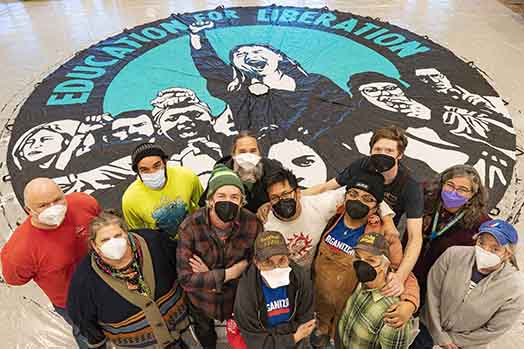
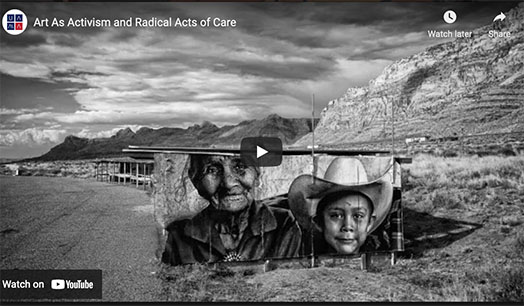
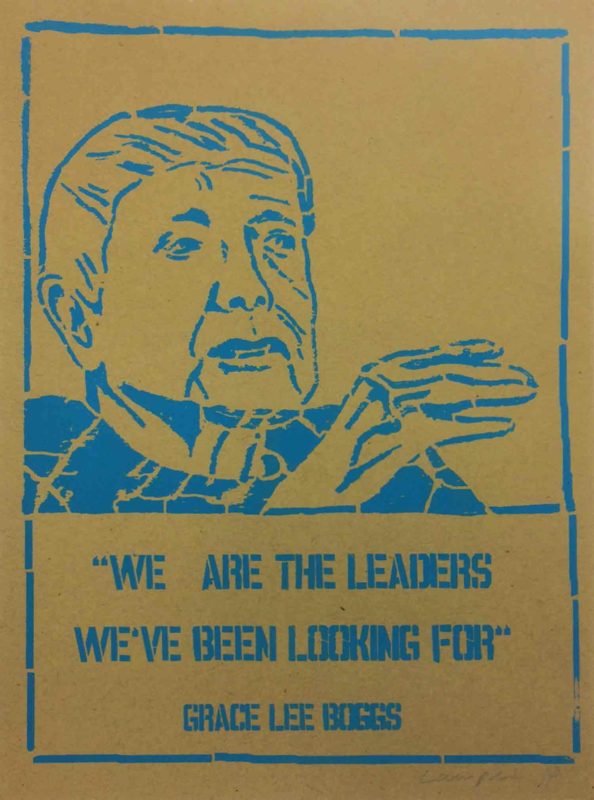

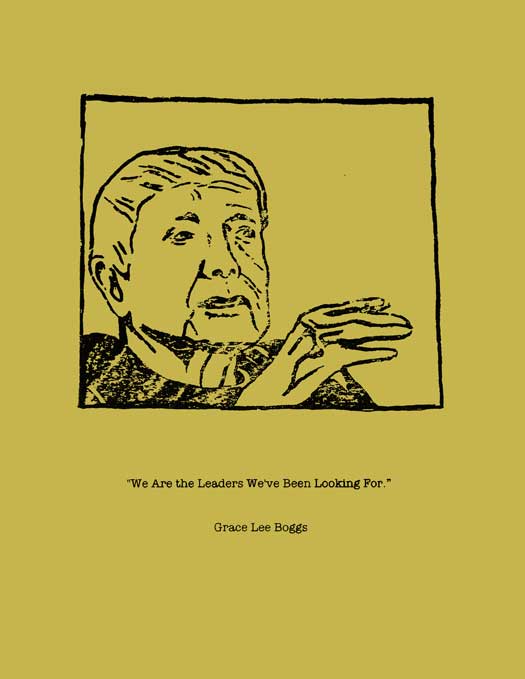

thanks for writing such a great story. you summarized very well the tragedy of the stance taken by AFSCME in opposition to basic human rights. and yes, union history of being written now, just as it was in 1968. only this time, AFSCME has chosen the wrong side.